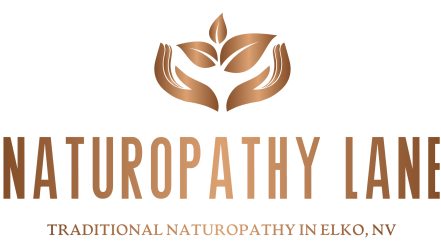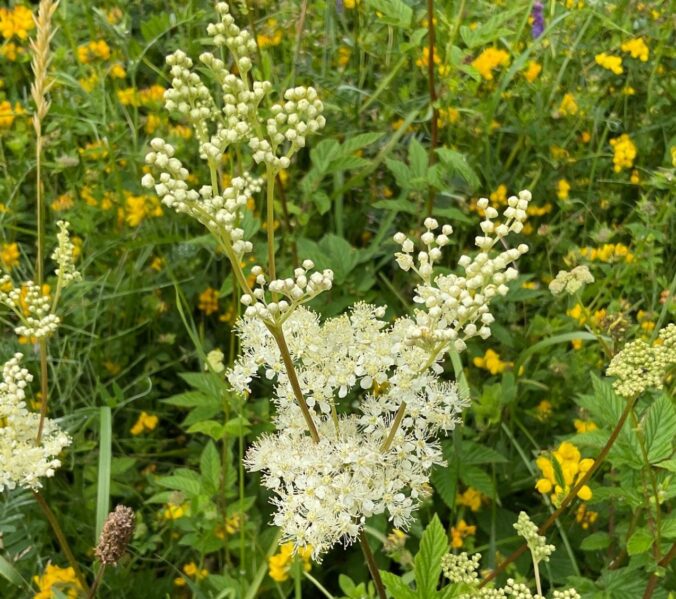Gentiana lutea, also known as yellow gentian or bittergourd root, is a species of Gentian that has been used in traditional medicine for centuries. Its roots contain several bioactive compounds such as saponins, flavonoids, and anthraquinones that give it its powerful medicinal properties.
In ancient Greece, the herb was known as “kentron,” which meant “spine” due to its ability to support and strengthen the nervous system. It was also used by medieval European healers for a variety of ailments such as menstrual cramps, diarrhea, and fever.
Yellow gentian is rich in anthraquinones, which are responsible for its laxative effects. These compounds stimulate the peristaltic motion of the intestines, promoting regular bowel movements. Gentian also contains flavonoids such as quercetin and rutin, which have anti-inflammatory and antioxidant properties.
In terms of specific biochemical pathways, gentian interacts with various signaling molecules in the body to produce its therapeutic effects. It modulates the activity of the GABA receptors, which can calm down overactive nerves and reduce anxiety symptoms. Gentian also stimulates the production of digestive enzymes like lipase and amylase, promoting the breakdown of fats and carbohydrates in the small intestine.
However, gentian should be used with caution in people who have gallstones or biliary tract disorders as it can worsen their symptoms due to its laxative effects. It is also not recommended for pregnant women and breastfeeding mothers due to its potential emmenagogue effects that can stimulate uterine contractions.
Yellow gentian has been used in traditional medicine for centuries due to its powerful medicinal properties. Its active ingredients, anthraquinones and flavonoids, provide numerous health benefits such as reducing inflammation, improving digestion, and calming the nervous system. However, like any other herb or supplement, it should be used carefully and under the supervision of a qualified healthcare professional to avoid potential adverse effects.






